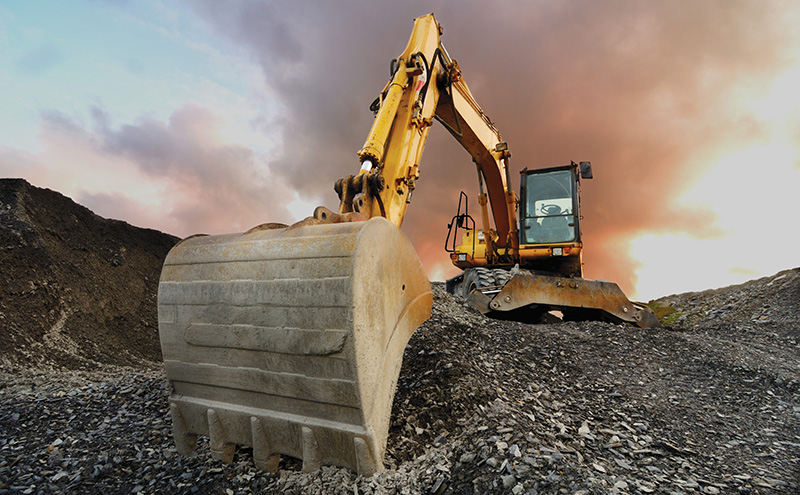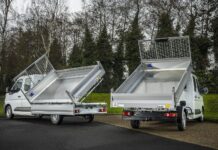
THE Scottish Plant Owners Association (SPOA) fears the measures announced in the recent UK budget will trigger a ‘catastrophic decline’ in the plant hire industry.
The trade association highlighted that 85% of its 350 members are private independent companies that ‘continually reinvest in their businesses by employing local people including apprentices, pushing forward carbon reduction targets with new equipment investment year after year, and diligently paying all their tax obligations’.
The SPOA heralded these companies as a key part of local communities and urged them to lobby their MPs to highlight the risks currently facing the plant sector in light of UK chancellor Rachel Reeves’ statement.
John Sibbald, president of the SPOA, said, “Now that the dust has settled and the Scottish Plant Owners Association has had time to take stock of the recent budget announcements, it is with dismay and without hyperbole that we fear for the plant hire industry in Scotland.
“The recent budget was described as one of growth, however, we fear that the economic impact of many of the policies will do the exact opposite in our industry. It is our strong belief that it is not possible to grow the economy through such high levels of taxation, soon to come into force as a result of the autumn budget.
“We are therefore calling on all of our members to lobby their local MPs to highlight the risk to the plant industry in Scotland which employs over 42,000 people and contributes £7.4 billion to the economy.”

The key areas which the SPOA believes will ‘irreversibly change’ the plant industry are the removal of 100% Business Property Relief (BPR) and Agricultural Property Relief (APR); the National Insurance (NI) and minimum wage changes; and double cab pick-ups no longer being classed as goods vehicles.
The SPOA explained its members are predominantly independent companies which are heavily invested in expensive assets and property, which take them ‘significantly over’ the £1 million allowance for 100% BPR or APR. Due to this year-on-year investment in their business to stimulate growth, the trade body said owners will not typically have the cash reserves for a one-off inheritance tax event. Therefore, in order to generate the cash to pay for this tax, they will likely be forced to sell all or part of their business.
The SPOA added that there would be an impact on the pool of likely buyers and the valuation of those businesses, with the added risk of redundancies or jobs being taken out of Scotland.
The increase in employer NI contributions, reduction in NI thresholds, and increase to the minimum wage will affect all industries. The SPOA said it is an ‘unfortunate reality’ of running a business that management will need to look for ‘efficiencies in headcount, pay awards and growth plans in addition to rate increases likely leading to further inflation’.
As far as the SPOA is concerned, double cab pick-ups are ‘essential’ for the plant industry, allowing safe towing of machinery and making it easier to access sites on forestry and agricultural land. The organisation said they ‘most certainly are not used as Chelsea tractors or standard SUVs’, describing this as ‘another unnecessary blow’ to the industry.
The SPOA is highlighting the survey developed by the CBI in response to the budget and is calling on its members to complete it by Sunday 17th November.
The survey can be accessed here: CBI Budget impact survey: Employers’ National Insurance and Business Property Relief











